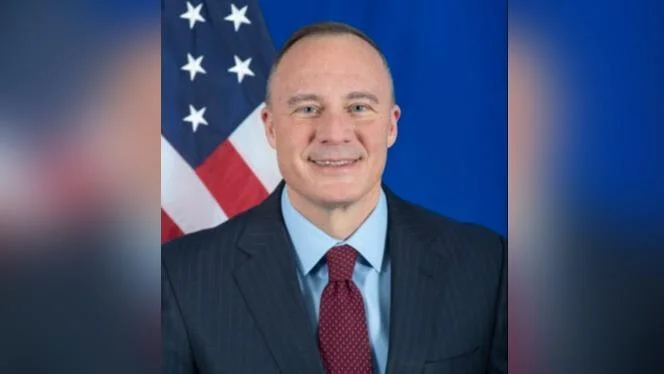The first shipment of American wheat to Senegal in more than ten years arrived this week, marking a development in the commercial relationship between the United States and Senegal. The shipment consisted of 20,000 tons of U.S. wheat transported from the Port of Houston to the Port of Dakar.
Representatives from both governments attended an event to mark the occasion, including officials from Senegal’s Ministry of Industry and Commerce, Ministry of Fisheries, Maritime Infrastructure and Ports, as well as leadership from the Autonomous Port of Dakar. Also present was Moustafa Camara, representing Les Grand Moulins de Dakar and Seaboard.
During remarks at the event, speakers highlighted Seaboard’s ongoing involvement in Senegal. "Seaboard is a great American company," one speaker said. "With over 100 years of experience, Seaboard helps connect and feed the world by turning global reach into local impact."
Seaboard operates globally but works through local partnerships such as with Les Grands Moulins de Dakar. The company has invested over $7 million in Senegal's grain sector since entering the market in 2018 and plans additional capital improvements within five years. Current investments exceed $100 million and include a new flour mill line in Dakar, an animal feed plant in Diamniadio, and expanded storage at the Port of Dakar.
"These improvements will add to Seaboard’s investment portfolio in Senegal that already exceeds $100 million, and includes projects such as a new flour mill line in Dakar, a state-of-the-art animal feed plant in Diamniadio, and expanded storage capacity at the Port of Dakar," according to remarks at the ceremony.
Seaboard's activities have led to job creation for approximately 300 direct employees and 200 indirect workers in Senegal while introducing technology across various sectors. Investments have also supported agricultural infrastructure development intended to meet local food needs.
"Just as important, Seaboard’s activities support U.S. exports and create American jobs, and support our larger effort to deepen economic ties between Senegal and the United States," it was stated during the event.
Officials noted that these business connections reflect what is described as commercial diplomacy: "This shipment is more than a commercial transaction: it is one of the many ways our people, and our markets, are connected to, and support, each other."
The event concluded with thanks extended to both Seaboard for its investments and innovation efforts in Senegal's agriculture industry as well as to government authorities who fostered conditions for cooperation.

